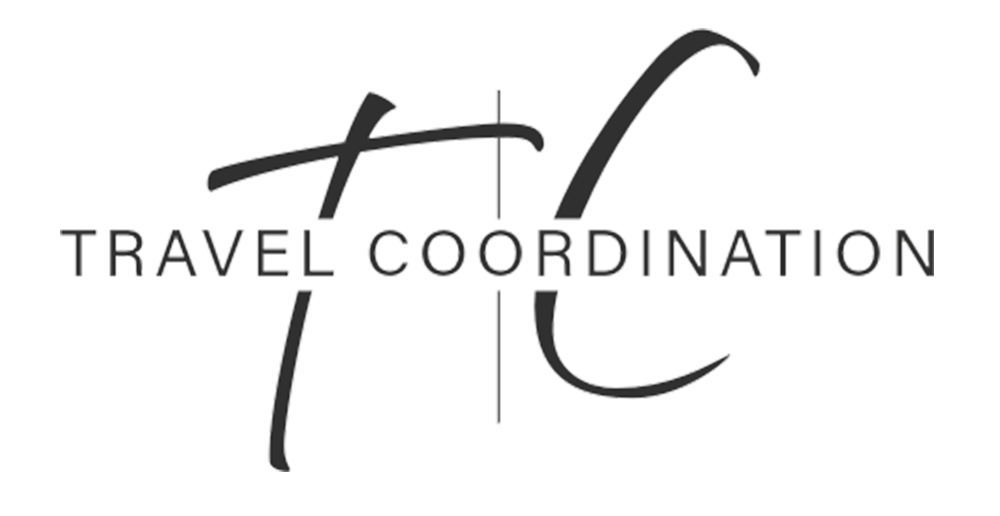Travel coordinators are the behind-the-scenes organizers who ensure that business travel runs smoothly. From booking flights and negotiating with vendors to troubleshooting travel disruptions, they are an indispensable link between companies, employees, and travel providers. For anyone who enjoys planning, organization, and problem-solving, becoming a travel coordinator offers a dynamic and rewarding career path.
This article outlines the essential skills, training opportunities, certifications, and career pathways available for aspiring travel coordinators.
What Does a Travel Coordinator Do?
A travel coordinator manages corporate or group travel logistics. Their responsibilities often include:
- Booking flights, accommodation, and ground transportation
- Managing expense budgets
- Negotiating with vendors and travel agencies
- Preparing detailed itineraries
- Supporting employees during disruptions or emergencies
They serve as the point of contact between employees and suppliers, ensuring that every journey aligns with company travel policy and budget. While similar to travel agents, coordinators usually focus on internal business needs, rather than individual or leisure clients.
Skills Needed to Become a Travel Coordinator
Hard skills:
- Familiarity with booking platforms and travel management software (e.g., Amadeus, Sabre, Concur)
- Budgeting and expense tracking
- Reporting and data analysis for travel spend
Soft skills:
- Strong organizational skills
- Clear communication and negotiation
- Flexibility and adaptability during disruptions
- Problem-solving under pressure
Employers value coordinators who can combine attention to detail with the ability to stay calm and resourceful when travel plans change unexpectedly.
Training & Education Pathways
There is no single required educational path, which makes this career accessible to professionals from many backgrounds. Common entry points include:
- Degrees in hospitality, business administration, or tourism
- Experience in office administration, event planning, or operations
- On-the-job training at corporate travel departments or travel management companies (TMCs)
Aspiring coordinators should also gain familiarity with common travel industry tools and reporting practices.
Recommended Certifications
Certifications can strengthen your profile and demonstrate professionalism, though they are not always mandatory. Consider:
- GBTA Fundamentals of Business Travel Management®
- GBTA Certificate in Corporate Travel Execution®
- IATA Travel & Tourism diplomas
- CAPM® (Certified Associate in Project Management) – useful for coordinators who want to manage larger travel projects or advance to managerial roles.
These programs provide credibility and a deeper understanding of industry standards.
Career Pathways for Travel Coordinators
The role can lead to several long-term opportunities:
- Entry-level Travel Coordinator – focuses on bookings and daily logistics
- Senior Travel Coordinator – manages bigger accounts and budgets
- Travel Manager / Global Mobility Specialist – oversees strategy, vendor negotiations, and policy creation
- Procurement Specialist – negotiates travel contracts and manages supplier relationships
Work opportunities are found in corporations, universities, NGOs, and government agencies. Increasingly, there are also remote and hybrid positions available in global companies and TMCs.
How to Get Hired as a Travel Coordinator
- Build your CV to highlight transferable skills such as organization, budgeting, or event planning.
- Gain hands-on experience through internships, entry-level office roles, or by shadowing a senior travel manager.
- Showcase familiarity with travel software (Concur, Egencia, SAP, or GDS platforms).
- Look for opportunities on LinkedIn, company career sites, and specialized travel recruitment agencies.
Average Salary & Career Outlook
Salaries vary by region, but travel coordinators can expect:
- Entry-level: €28,000 – €35,000 annually in Europe; $40,000 – $50,000 in the U.S.
- Experienced coordinators: €40,000 – €55,000 in Europe; $55,000 – $70,000 in the U.S.
The role is increasingly important as companies expand internationally and place higher emphasis on cost control, duty of care, and sustainable travel policies. Demand for skilled coordinators is expected to remain strong, with opportunities to grow into management roles.
TL;DR
Becoming a travel coordinator is a career path that blends organization, communication, and adaptability. With the right mix of skills, training, and certifications, you can move into a profession that supports businesses worldwide and provides long-term career opportunities.
Whether you’re starting out or shifting from a related field, this is a role where dedication and problem-solving make a clear difference.

